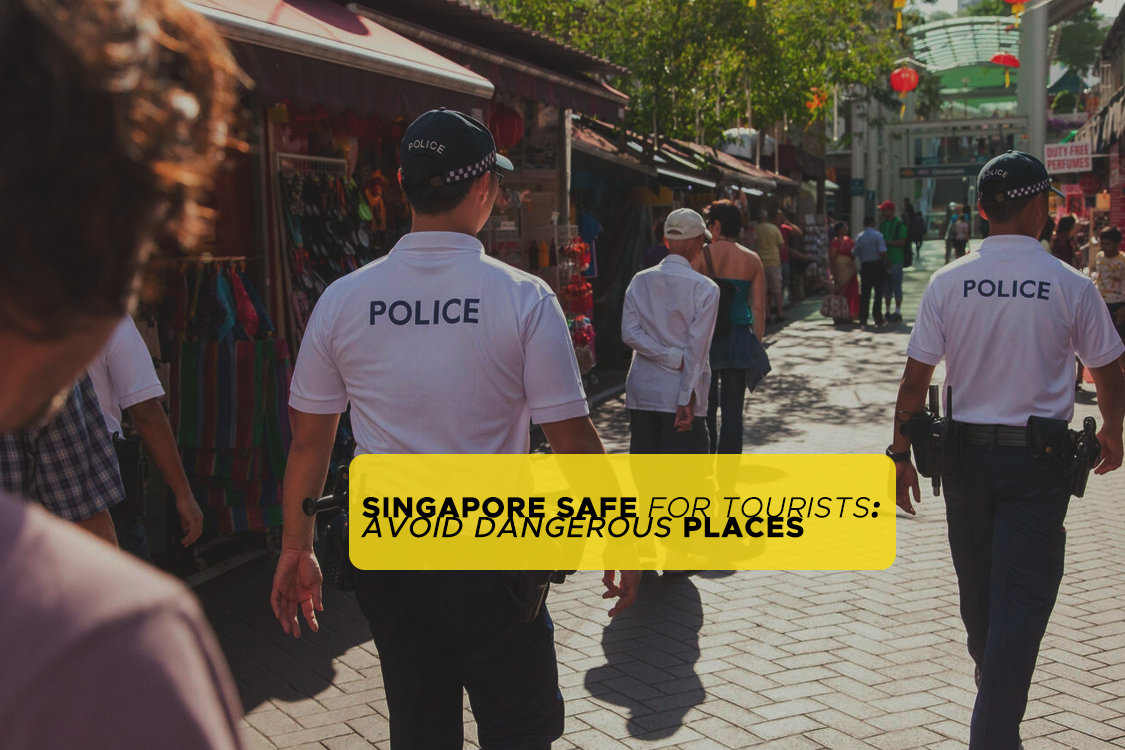Singapore’s reputation as a bastion of safety in Asia is well-earned, offering peace of mind to travelers seeking both adventure and security in their journeys. With a blend of stringent laws, efficient public services, and a community-oriented culture, Singapore stands as a beacon of tranquility amidst the bustling activity of Southeast Asia. This article delves into the aspects that make Singapore a safe haven for tourists, backed by practical advice and insights to ensure a worry-free visit.
Understanding Safety in Singapore
In 2022, the Global Peace Index (GPI) spotlighted Singapore as the safest and most peaceful country in Asia and ninth globally, surpassing other destinations renowned for their tranquility. This achievement is attributed to Singapore’s comprehensive legal and social measures, including severe penalties for serious offenses such as gun and drug crimes. Even minor infractions like jaywalking, littering, or smoking outside designated areas can result in significant fines, reflecting the city-state’s commitment to public order and cleanliness.
Law Enforcement and Crime Rates
Unlike many Western cities, Singapore’s streets are not patrolled by visibly armed police, a testament to its low crime rates and the effectiveness of its legal framework. Violent crime is exceedingly rare, making the city a safe space for residents and visitors alike. However, as with any major urban center, tourists are advised to exercise caution to avoid petty crimes such as pickpocketing, especially in crowded areas like Gardens by the Bay, Chinatown, and Orchard Road.
Navigating Risks and Ensuring Safety
Overall Risk: Low
Singapore’s status as one of Asia’s safest countries does not negate the necessity for common sense and vigilance. Keeping valuables secure and being mindful of your surroundings are key practices to prevent petty thefts, the most common crime faced by tourists.
Transport & Taxis: Low Risk
The city’s transportation system is renowned for its safety, reliability, and maintenance. However, travelers exploring coastal areas should be aware of piracy threats when renting boats.
Pickpocket Risk: Manageable
While not rampant, pickpocketing does occur. Tourists can minimize risks by keeping belongings close and being wary of unsolicited invitations to shops or entertainment venues.
Natural Disasters: Minimal Concern
Shielded by neighboring landmasses, Singapore is largely insulated from natural disasters. Occasional flooding during the monsoon season (November-January) may occur but poses little threat to visitors’ safety.
Mugging & Kidnapping: Very Low Risk
Incidents of mugging and kidnapping are extremely rare, affecting tourists and foreigners even less frequently.
Terrorism: Stay Vigilant
Despite a history free of recent terrorist attacks, it’s essential to remain alert and aware of your surroundings, as no location is entirely immune to such risks.
Scams: Low Risk but Be Cautious
Scammers, though not prevalent, target unsuspecting individuals through rental or purchase scams. Exercise caution when making online reservations and avoid pressured sales situations.
Safety for Women Travelers: High
Singapore is exceptionally safe for women travelers, even at night. Nevertheless, maintaining the same level of caution as you would at home is advisable.
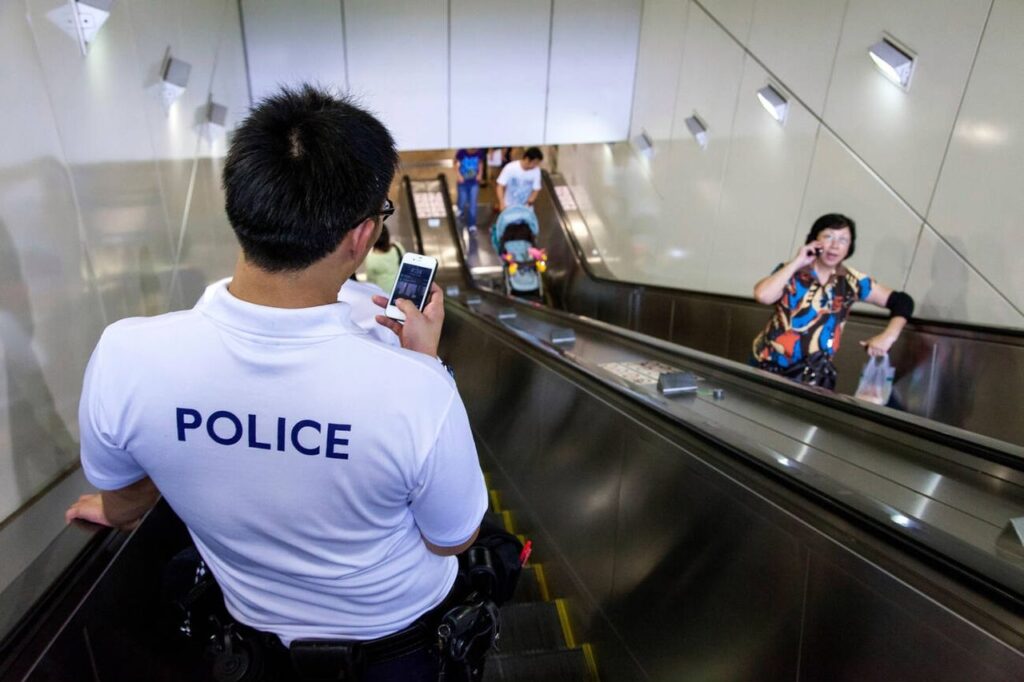
The Cost of Safety and Cleanliness
One of the standout features of Singapore is its status as one of the cleanest countries in Southeast Asia. The highly regulated taxi services add to the appeal, providing a safe and reliable means of transportation for tourists, including westerners and families. However, this level of safety and cleanliness comes at a price. Singapore is known for its high cost of living, which can be a shock to travelers used to the prices in other Southeast Asian countries. Despite this, the unique experiences and high safety standards make it a worthwhile destination.
Crime in Singapore: A Closer Look
In Singapore, crime against tourists is exceedingly rare, making it one of the safest places for visitors. Unlike other parts of Southeast Asia, where taxi scams and transportation issues are common, Singapore offers a hassle-free experience. Taxis operate with meters and are considered safe even at night, contributing to the country’s appeal for solo female travelers. Additionally, Singapore’s social norms and laws heavily discourage catcalling and street harassment, further enhancing the safety of women in public spaces.
Don’t Miss The Best Tours in Singapore
Public Transport Safety
Singapore’s Mass Rapid Transit (MRT) system epitomizes efficiency with its automated, driverless subway trains. Although pickpocketing incidents are rare, the primary concern for travelers using the MRT during rush hour is the overcrowded conditions. The extensive bus network, Sentosa Express monorail, and cable cars also provide safe and convenient transportation options. Thanks to strict regulations, the risk of encountering illegal cabs or being overcharged is virtually nonexistent, ensuring a safe travel experience for all, including women traveling alone at night.
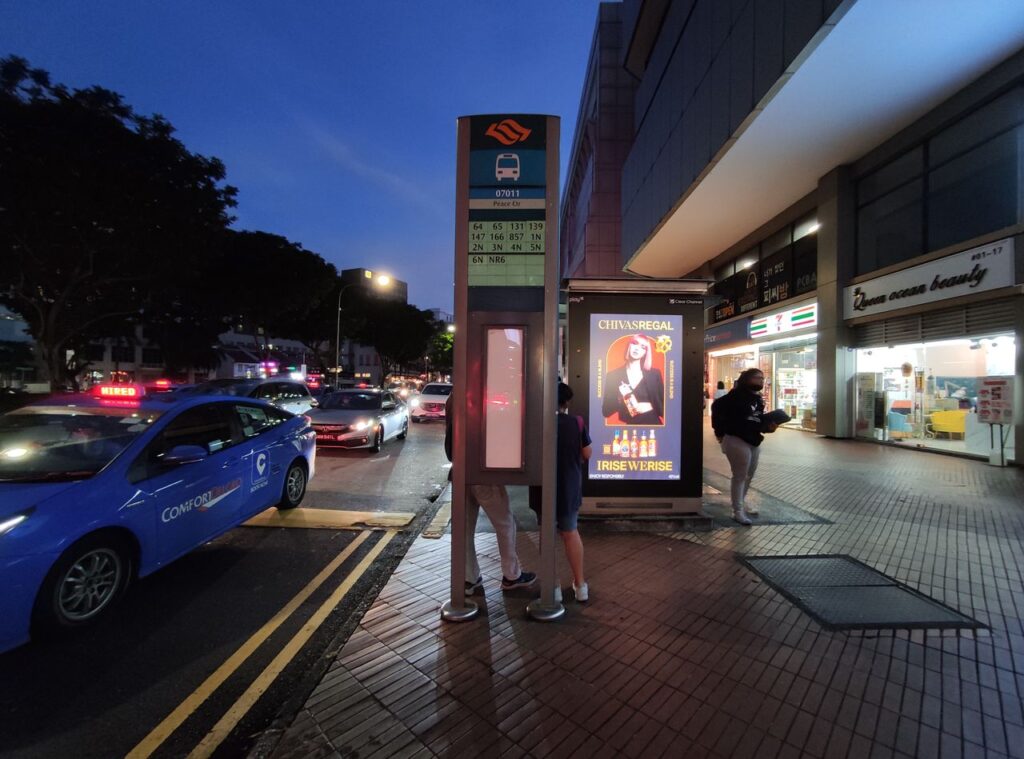
Navigating Neighborhoods: Avoiding Dangerous Zones
While Singapore is remarkably safe, like any country, it has areas that are less desirable. However, most of these neighborhoods are not on the typical tourist path. Tampines, for example, is known for petty theft, though violent crime is rare. Yishun has seen an uptick in crime, but tourists are unlikely to face significant issues. It’s advisable to avoid these areas to ensure a stress-free visit. Notably, certain neighborhoods like Yishun North, Nanyang, Jurong West, Tampines, and Woodlands East have reported higher crime rates, though the overall crime rate in Singapore is decreasing annually.
Health and Disease Concerns in Singapore
Singapore’s status as a tropical paradise brings with it unique health considerations that tourists must be aware of to ensure a safe and enjoyable visit. The city-state’s meticulous cleanliness and advanced healthcare system are commendable, yet the tropical climate introduces specific health risks such as mosquito-borne diseases and heat-related illnesses.
Mosquito-Borne Diseases: Malaria and Dengue Fever
Due to Singapore’s tropical location, diseases like malaria and dengue fever pose potential risks. Tourists are advised to take preventive measures such as using mosquito repellent and wearing long-sleeved clothing to minimize exposure. Symptoms of these diseases include high fever, severe headache, and nausea. If you experience these symptoms, seeking medical attention promptly is crucial. Singapore’s healthcare facilities are well-equipped to handle such cases, emphasizing the importance of having health insurance during your visit.
Combating Heatstroke
Another health concern in Singapore’s warm climate is heatstroke, characterized by symptoms similar to those of dengue fever. Tourists should prioritize staying hydrated and seeking shade during the hottest parts of the day to mitigate the risk. Recognizing the signs of heatstroke early and responding accordingly can prevent serious health issues.
Pollution Awareness
While Singapore is renowned for its cleanliness, the city core can experience pollution levels that may affect sensitive individuals. On days when haze or smog is particularly heavy, wearing a protective mask can help safeguard your respiratory health.
Singapore’s Strict Drug Laws
Singapore’s stance on drug laws is among the strictest globally. Tourists are strongly cautioned against importing, using, or possessing any illegal drugs. The consequences of drug offenses in Singapore are severe and can include capital punishment for serious violations. The Singaporean legal system applies these laws uniformly to residents and tourists alike, with little room for leniency. Abiding by these laws is non-negotiable for anyone visiting Singapore.
Using Transportation Safely in Singapore
Singapore’s public transportation system is a hallmark of safety and efficiency. The Mass Rapid Transit (MRT) system, buses, and taxis are clean, air-conditioned, and reliable. English is widely spoken, making it easy for tourists to navigate the city. The prevalence of metered taxis, along with services like Grab and Uber, ensures that getting around Singapore is convenient and scam-free.
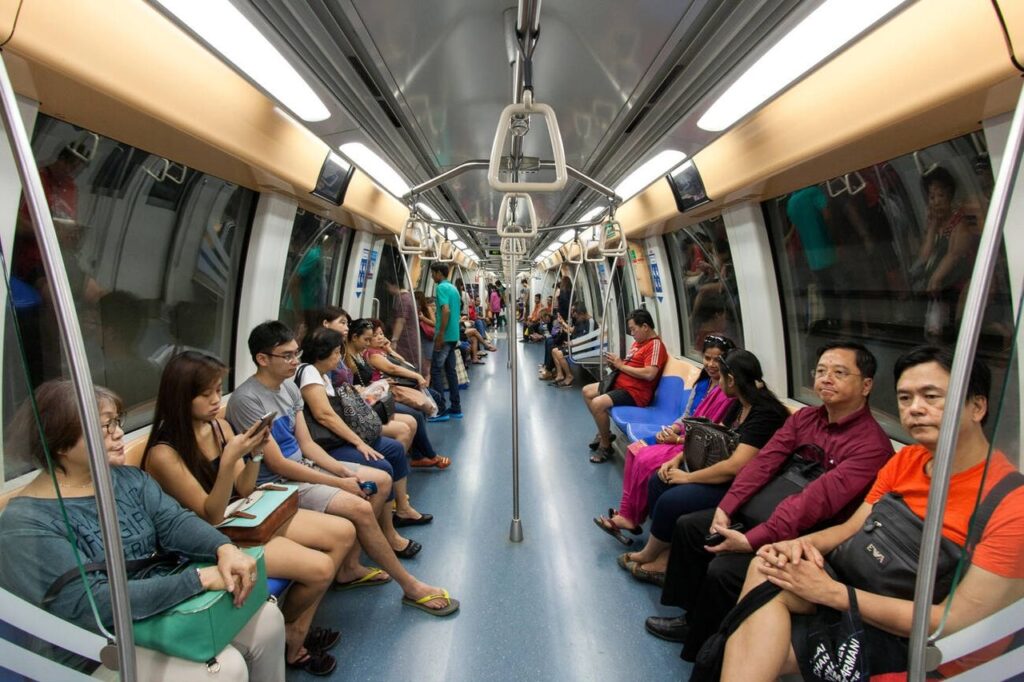
Littering and Environmental Laws
Singapore’s cleanliness is no accident; it’s the result of strict environmental laws that are rigorously enforced. Littering is a punishable offense, with penalties ranging from fines to imprisonment. Similarly, acts of vandalism, including graffiti, are met with severe consequences. Tourists are expected to respect these regulations to maintain the city-state’s pristine condition.
Smoking and Drinking Regulations
While smoking and drinking are permitted in Singapore, they are regulated. Smoking is allowed only in designated areas, and the cost of cigarettes is high due to heavy taxation. Importing cigarettes is prohibited, and driving under the influence of alcohol carries hefty penalties. Familiarizing yourself with these rules can help you avoid unintended infractions during your stay.
Staying Alert and Safe During Your Visit to Singapore
Singapore’s reputation as one of the safest cities for tourists and residents alike is well-founded. Its low crime rates, efficient public transport system, and the general politeness of its people make it an ideal destination for travelers and backpackers. However, like any major urban center, maintaining awareness and exercising common sense are key to ensuring a safe and enjoyable visit.
Safety in Public Spaces
- Traveling Alone: Singapore’s extensive public transport network ensures that you can travel safely alone to any part of the city at any time. The fare system is transparent, minimizing concerns about being overcharged.
- Cabs and Ride-hailing Services: Flagging down a cab is straightforward, and with services like Grab and traditional taxis, you can travel without worry. Meters are used consistently, preventing overcharging.
- Local Interaction: Singaporeans are generally helpful if you approach them for directions or recommendations. However, expect busier individuals, especially during rush hours, to be less responsive.
- Night-time Safety: Roaming through the city at night is considered safe. Nonetheless, always carry identification documents and be mindful of your surroundings.
Personal Safety Practices
- Avoid Discussing Finances: Being discreet about your financial status in public places can prevent unwanted attention.
- Drug Offenses: The penalties for drug-related offenses are severe, including the death penalty for trafficking. Avoid drugs entirely to stay safe.
- Visiting National Parks: It’s advisable not to explore national parks alone during off-hours when fewer people are around.
- Valuables: Practice caution in public areas; do not leave valuables unattended or “chope” (reserve) tables with expensive items.
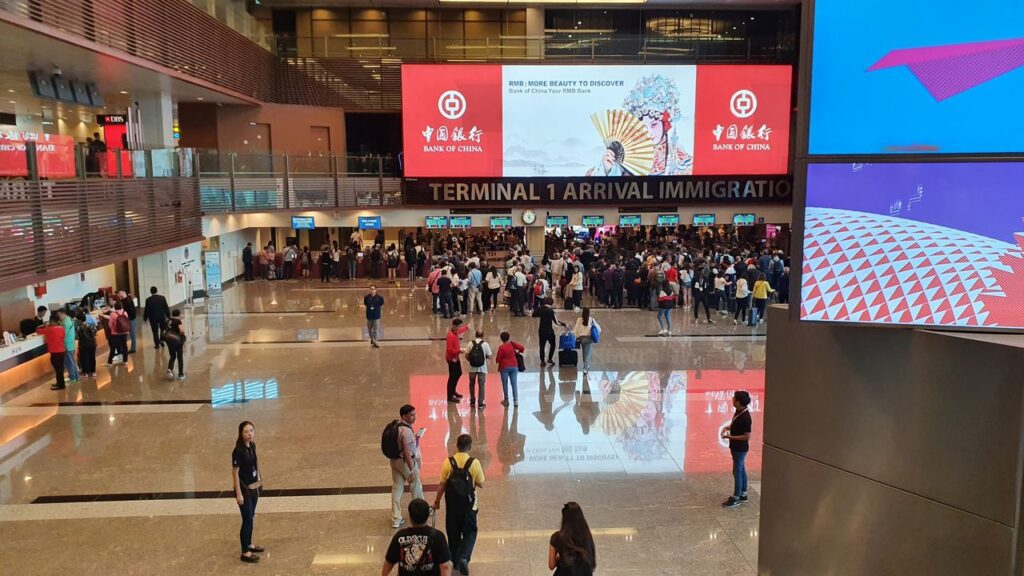
Conclusion: Is Singapore Safe for Tourists?
Singapore’s exemplary safety record is not a product of chance but the result of diligent governance, community engagement, and a shared commitment to public welfare. For tourists, this means enjoying the diverse experiences Singapore has to offer, from its vibrant street life and rich cultural tapestry to its lush green spaces and futuristic architecture, with the assurance of safety at every turn. Whether exploring alone or with loved ones, Singapore invites you with open arms, promising not just a journey through its streets but a voyage into the heart of a nation where safety and harmony are a way of life.
If You Liked Our Article About Is Singapore Safe for Tourists, You Also Might Like
- Budget Travel in Singapore: How to Save Money 2024
- Singapore Useful Apps For Travellers: Maps, Taxi & Food 2024
- Klook Pass Singapore: Save Up to 44% on Attractions Tickets 2024
- Singapore in October: Weather, Things to Do & Events (2024)
- Singapore in August: Weather, Things to Do & Events 2024
- Singapore in September: Weather, Things to Do & See 2024
- Sentosa Fun Pass: Save Up to 60% on Tickets in 2024
- Emergency Numbers in Singapore: Fire, Police, Ambulance & More 2024
- 22 Top Souvenirs from Singapore: Unique Gift Ideas 2024
- Singapore in July: Weather, Things to Do & Events 2024
Don’t Miss The Best Tours in Singapore
